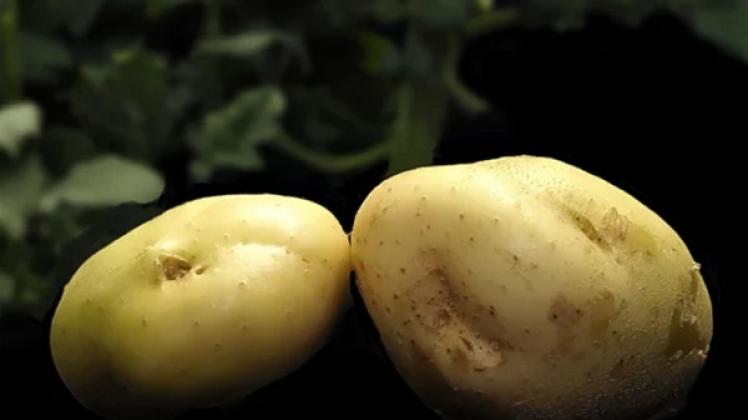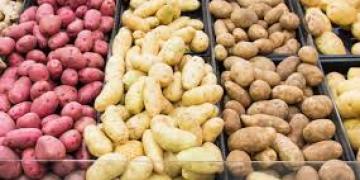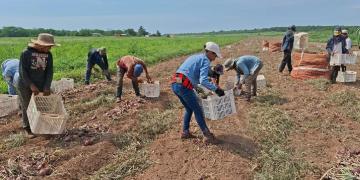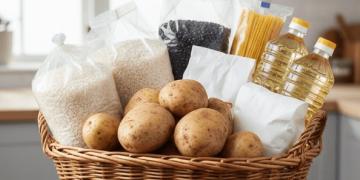Ciencia: Potato genome decoded
More than 20 years after the first release of the human genome, scientists at the Ludwig-Maximilians-Universität München and the Max Planck Institute for Plant Breeding Research in Cologne, have for the first time decoded the highly complex genome

This technically demanding study lays the biotechnological foundation to accelerate the breeding of more robust varieties - a goal in plant breeding for many years and an important step for global food security.
Researchers in the group of geneticist Korbinian Schneeberger were able to generate the first full assembly of a potato genome. This paves the way for breeding new, robust varieties:
Especially the low diversity makes potato plants susceptible to diseases. This can have stark consequences, most dramatically during the Irish famine of the 1840s, where for several years nearly the entire potato crop rotted in the ground. During the Green Revolution of the 1950s and 1960s, scientists and plant breeders succeeded in achieving large increases in the yields of many of our major crop staples like rice or wheat. However, the potato has seen no comparable boost, and efforts to breed new varieties with higher yields have remained largely unsuccessful to the current day.
The reason for this is simple but has proven difficult to tackle – instead of inheriting one copy of every chromosome from both the father and from the mother (as in humans) potatoes inherit two copies of each chromosome from each parent, making them a species with four copies of each chromosome (tetraploid). Four copies of each chromosome also mean four copies of each gene, and this makes it highly challenging and time-consuming to generate new varieties that harbour a desired combination of individual properties; what’s more, multiple copies of each chromosome also make the reconstruction of the potato genome a far greater technical challenge than was the case for the human genome.
The researchers have overcome this longstanding hurdle using a simple yet elegant trick. Instead of trying to differentiate the four, often very similar, chromosome copies from each other, Korbinian Schneeberger together with his colleague Hequan Sun and other co-workers circumvented this problem by sequencing the DNA of large numbers of individual pollen cells. In contrast to all other cells, each pollen cell contains only two random copies of each chromosome; this facilitated the reconstruction of the sequence of the entire genome.
An overview of the complete DNA sequence of cultivated potato has the potential of greatly facilitating breeding and has been an ambition of scientists and plant breeders alike for many years already. With this information in hand, scientists can now more easily identify gene variants responsible for desirable or undesirable.
Fuente: https://www.freshplaza.com/article/9406665/potato-genome-decoded/




